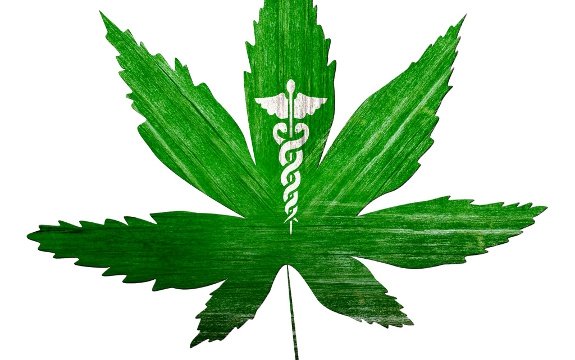FDA Grants Drug Company Chance to Prove Cannabis Drug in Trials

 The FDA recently announced “orphan drug designation” for a drug derived from cannabis. It’s the first such designation for a marijuana-based drug, and could prove to be the first of many if things go well.
The FDA recently announced “orphan drug designation” for a drug derived from cannabis. It’s the first such designation for a marijuana-based drug, and could prove to be the first of many if things go well.
Epidiolex is a drug made by GW Pharmaceuticals. It’s derived from cannabidiol, a non-psychoactive compound in marijuana. It’s the same compound that has families across the nation campaigning for medical marijuana laws specifically for children, as cannabidiol is an effective treatment for a debilitating seizure disorder.
To say the Food and Drug Administration has been reluctant to consider marijuana and its derivatives as useful medical treatments would be a serious understatement. For the FDA to eventually admit cannabis has valid medical applications would turn other federal laws on their head—namely the classification of marijuana as a Schedule I substance and the foundation of the federal War on Marijuana—and that’s something the FDA doesn’t likely want to get involved in.
So when GW Pharmaceuticals announced last week that the agency has granted them orphan drug designation for Epidiolex, it was welcome and surprising news.
“This orphan designation for Epidiolex, GW’s purified CBD medicine, in Lennox-Gastaut syndrome follows on from the recent FDA grant of orphan designation in Dravet syndrome. We are now in active discussions with the FDA regarding the US regulatory pathway for Epidiolex and believe that this medicine has the potential to meet the significant unmet need of children suffering with severe seizures where all options to control those seizures have been exhausted,” stated Justin Gover, GW’s Chief Executive Officer in a statement.
“GW is responding to this need with the goal of providing an FDA-approved prescription CBD medicine that physicians have confidence in prescribing and parents can trust for quality, consistency and access.”
Orphan designation is granted by the FDA to drugs that may be viable treatments for rare disorders. It qualifies GW Pharmaceuticals, in this case, to tax incentives for clinical testing among other things.
Both Dravet syndrome and Lennox-Gastaut syndrome affect children. Both are debilitating. Conventional treatments involve a stew of pharmaceuticals that often leave children sedated in exchange for suffering the onslaught of repeated seizures.
One cannabidiol strain called Charlotte’s Web is offered in Colorado and has families affected by these diseases flocking to the Rocky Mountain state to get their children some relief. The FDA’s recent move on Epidiolex could signal a future where cross-country migrations aren’t required for children to receive this safe and effective treatment.
